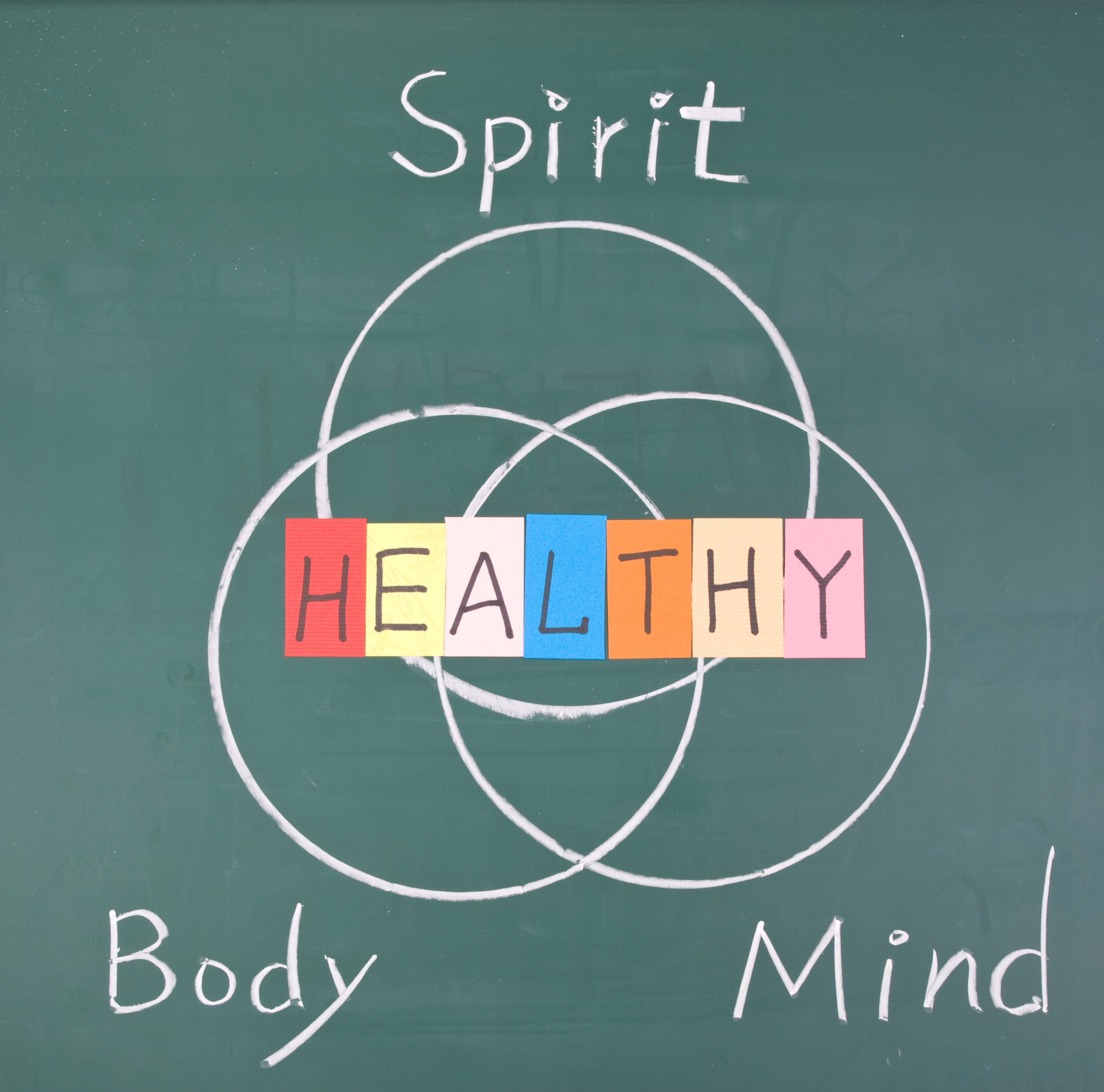
Why do humans want to live longer?
July 15th, 2024In the 1800s it was seen as normal to have an average life expectancy of 40 years, and anyone who lived much past this age was viewed as extremely elderly. However, with increased knowledge, advancements in science and the development of antibiotics and other drugs to kill bacteria and disease that were otherwise big causes of illness and fatalities, the average life expectancy has grown and now in 2024 the average life expectancy has doubled in most countries.
However, living longer goes hand in hand with the aging process, which is never textbook and varies from person to person. Some people age “well” and retain their looks and fitness into relatively advanced years, whereas others sadly age much quicker and find their bodies letting them down much sooner than they’d expect. Lifestyle choices and genetics do play a big part in aging, but sadly there are people who suffer the ill effects of aging for no particular known reason and it does lead to the question, “why do we want to live longer, if living longer is not necessarily pleasant”?
Reasons to opt for longevity will vary from individual to individual but in general:
- Natural human desire to thrive – since the earliest days of Homo habilis, humans have sought to survive. Prehistoric man made shelters and weaponry have been found dating back to 380,000 BCE, showing that the earliest humans had the fight to live and defend themselves against predators. Whilst our lives now are much different to those who lived in the Paleolithic period, we still have that innate desire to thrive.
- Desire for experiences – is enough ever enough? We always want more – more time, more money, more travel and living longer can give an increased chance to do those things, see more, do more. Natural aging should not be something that stands in the way of experiencing more out of life.
- Spending time with family – one of our natural roles as humans is to procreate and further the species, but unlike other animals who have their babies and move on, us humans stay together. Even if we don’t have our own children, the majority of us have family and loved ones who are our modern day tribes, and we want to live as long as we can and as well as we can to enjoy being together.
- Furthering our career or hobbies – if you find something you enjoy or you’re good at, maybe even something that pays you well, there’s usually a natural desire there to keep doing it. living longer gives an opportunity to keep enjoying hobbies or furthering a career that may have been your life’s work. This is also tied in often with leaving a legacy behind, making an impact on the world, even if it’s just for the family you live with.
- Fear of the unknown – many people have a fear of the unknown and of death, leading them to try and extend their lifespan so they can delay facing the uncertainties of what comes after we die. Many also worry what will happen to their family after their passing, which again fuels the desire to live longer if possible.
- Curiosity and knowledge – we are in a time where advancements in technology and healthcare are moving at a fast pace, and many want to know what’s coming next – perhaps to extend longevity, perhaps not, but the curiosity is a driving force to live long enough to witness the next big thing!
Options for extending your lifespan
We all know that the chances of living a longer life are increased by eating reasonably well, keeping a good level of fitness, making healthier lifestyle choices around drugs, smoking and alcohol and trying to keep stress levels at a minimum, but what else can we do to help keep our bodies as biologically young as possible?
- Mental stimulation – challenging the brain is extremely important, as this helps to retain cognitive function and works against age related mental decline.
- Social connections – keeping a good social network is really important, as seeing other people regularly and having a busy schedule helps to keep the brain working, reduce stress and improve mental health.
- Supplements – there are a wide range of supplements that support overall health and support longevity. These include Vitamin D, Omega-3 fatty acids, probiotics, spermidine, NMN and melatonin.
- Making time for sleep – sleep is so important for our bodies, as this is when we repair and regenerate cells. If we don’t sleep properly, our body functions are always running below par. Make time for sleep as a priority!
- Hydration – water is key for good skin, high energy levels and maintaining overall body functions. Add squash, drink tea, just make sure you keep your fluids up!
- Posture and ergonomics – look after your back and it’ll look after you! Poor posture can lead to musculoskeletal problems that limit us later on.
- Positive attitude – thinking positively helps to give us a sense of purpose which enhances mental and emotional health.
- Preventative measures – such as avoiding known environmental toxins like pollutants and chemicals, and ensuring you attend regular check ups and screenings if offered to detect any health issues early on.







